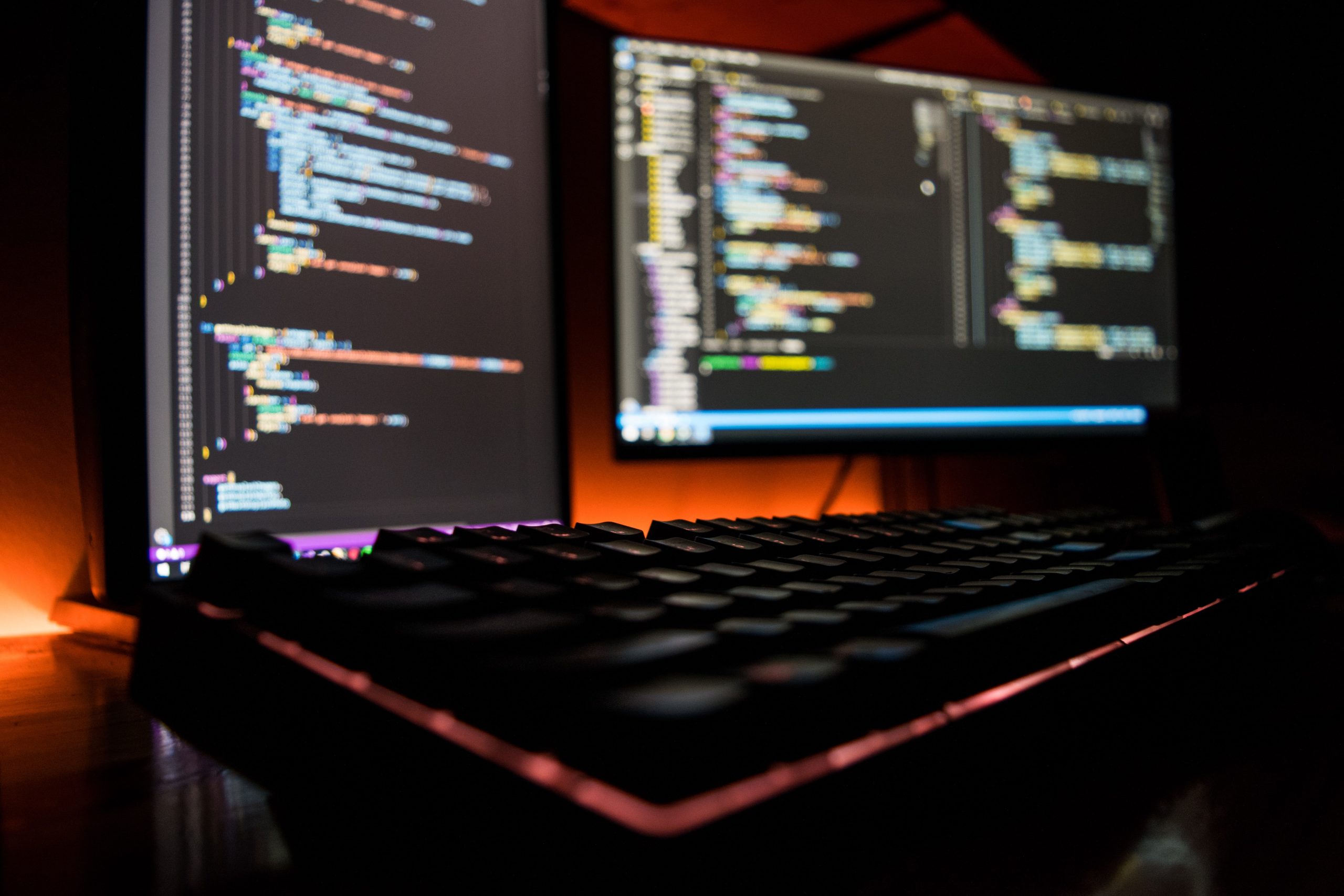A Virtual Private Network (VPN) is a type of technology that allows users to establish a secure and private connection to the internet. It does this by creating a virtual "tunnel" between the user's device and the internet, through which all data is transmitted. This tunnel is encrypted, which means that anyone intercepting the data in transit will not be able to read it.
One of the main reasons why consumers would want to use a VPN is for privacy and security. When using a VPN, your internet connection is routed through the VPN provider's servers, which means that your IP address and online activity is hidden from websites, advertisers, and other third parties. This can help prevent online tracking and identity theft. Additionally, because your data is encrypted when using a VPN, your personal information and online activity is protected from hackers and other malicious actors.
Another reason why consumers might want to use a VPN is to bypass internet censorship. Some countries have strict restrictions on what websites and online services can be accessed by their citizens. By using a VPN, users can connect to a server located in a different country, which can allow them to access blocked content. This can be particularly useful for people living in countries with strict censorship laws, as well as for travelers who want to access their favorite websites and services while abroad.
VPNs can also be useful for accessing geo-restricted content. Many streaming services and online platforms are only available in certain countries. By using a VPN, users can connect to a server located in a country where the content is available, which can allow them to access it. This can be particularly useful for people who travel frequently, as well as for expats who want to keep up with their favorite TV shows and movies while living abroad.
Lastly, Some companies use VPNs to secure their employees' internet connections, allowing them to work remotely while still having access to the company's internal network and resources. This can be useful for employees who need to access sensitive information while working from home or while traveling.
Overall, VPNs are a powerful tool that can help protect users' privacy and security, and allow them to access blocked content, while also providing many other benefits. While a VPN might not be necessary for everyone, it can be a valuable addition to the digital toolkit of anyone who values their privacy and security online.


